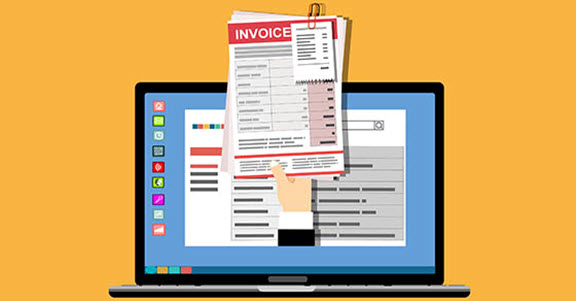You and your small business are likely to incur a variety of local transportation costs each year. There are various tax implications for these expenses.
First, what is “local transportation?” It refers to travel in which you aren’t away from your tax home (the city or general area in which your main place of business is located) long enough to require sleep or rest. Different rules apply if you’re away from your tax home for significantly more than an ordinary workday and you need sleep or rest in order to do your work.
Costs of traveling to your work location
The most important feature of the local transportation rules is that your commuting costs aren’t deductible. In other words, the fare you pay or the miles you drive simply to get to work and home again are personal and not business miles. Therefore, no deduction is available. This is the case even if you work during the commute (for example, via a cell phone, or by performing business-related tasks while on the subway).
An exception applies for commuting to a temporary work location that’s outside of the metropolitan area in which you live and normally work. “Temporary,” for this purpose, means a location where your work is realistically expected to last (and does in fact last) for no more than a year.
Costs of traveling from work location to other sites
On the other hand, once you get to the work location, the cost of any local trips you take for business purposes is a deductible business expense. So, for example, the cost of travel from your office to visit a customer or pick up supplies is deductible. Similarly, if you have two business locations, the costs of traveling between them is deductible.
Recordkeeping
If your deductible trip is by taxi or public transportation, save a receipt if possible or make a notation of the expense in a logbook. Record the date, amount spent, destination and business purpose. If you use your own car, note miles driven instead of the amount spent. Note also any tolls paid or parking fees and keep receipts.
You’ll need to allocate your automobile expenses between business and personal use based on miles driven during the year. Proper recordkeeping is crucial in the event the IRS challenges you.
Your deduction can be computed using:
- A standard mileage rate (58.5¢ per business mile driven between Jan. 1 and June 30, 2022, and 62.5¢ per business mile driven between July 1 and Dec. 31, 2022) plus tolls and parking, or
- Actual expenses (including depreciation, subject to limitations) for the portion of car use allocable to the business. For this method, you’ll need to keep track of all costs for gas, repairs and maintenance, insurance, interest on a car loan and any other car-related costs.
Employees versus self-employed
From 2018 – 2025, employees, may not deduct unreimbursed local transportation costs. That’s because “miscellaneous itemized deductions” — a category that includes employee business expenses — are suspended (not allowed) for 2018 through 2025. However, self-employed taxpayers can deduct the expenses discussed in this article. But beginning with 2026, business expenses (including unreimbursed employee auto expenses) of employees are scheduled to be deductible again, as long as the employee’s total miscellaneous itemized deductions exceed 2% of adjusted gross income.
Contact us with any questions or to discuss the matter further.
© 2022






